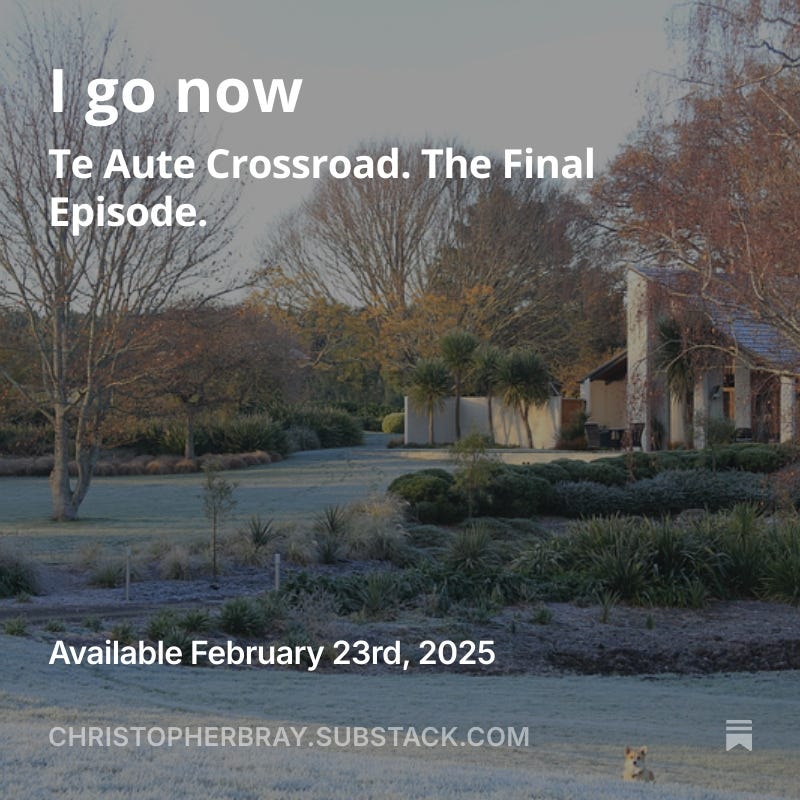Something that rugby followers know—that everyone should understand—is that there are essentially two ways of playing the game…
For non-rugby followers, I should first explain the term ‘set piece’. A set piece is a mechanism for restarting play after a stoppage. For example, if the ball goes ‘out’—(that is, over the ‘touch’ line)—a ‘line-out’ is called. ‘Scrums’ and ‘penalty kicks’ are other examples of set pieces…
Now, some rugby people will tell you that set-pieces are the key to winning the game: that the team that wins more line-outs, wins more scrums, wins and ‘converts’ more penalties, will dominate ‘possession’ (have more use of the ball) and so go on to score more points and win the game. It’s about physicality.
Others, though, will disagree. They will say that rugby is all about what happens between the set pieces: in what’s called ‘open play’. They’ll tell you that it is the creativity and flair of players running with the ball, passing—exquisitely—to their team mates, consummately kicking ahead, or across: that dominating ‘territory’ is the winning of the game. It’s the razzle dazzle.
In real life, most of us—it seems to me—are in the second camp. We think life—that is, normal life—is lived between the stoppages; the set pieces. In real life, the set pieces are pandemics, earthquakes, global financial crises...wars, etc. Things that interrupt normal life; bring it to a (hopefully) temporary halt. Requiring a restart.
But I apologise. At this point, if he were still with us, we’d need to accommodate my schoolteacher father, who would like a word. Actually, to talk about words. He’d want to discuss the terms status quo, and status quo ante, and to point out that status quo means as things are now, whereas status quo ante means as things were before. And to argue that we shouldn’t, therefore, during or after a set piece, say we want to ‘restore the status quo’, we should instead say we want to ‘restore the status quo ante’…
Thanks, Ken. Except—in real life, or in rugby—I don’t think it is possible to restore the status anything: because there is no going back. Life was what it was, and then the set-piece crashed that life—the pandemic struck, the penalty was awarded—and the future is not the past. Thanks to WW2, I grew up in Aotearoa, not England. Thanks to the earthquake, the Kaikoura foreshore is no longer the same. Similarly Christchurch...
The unexpected way in which trouble comes, wrote George Eliot.
Life at The Brow did, eventually—apparently—return to ‘normal’ after the Global Financial Crisis: ‘open play’ resumed. We continued enjoying the company of (son) Shannon and his partner, Sue, also Hawke’s Bay immigrants. Other family members and friends resumed their visits, keen for some ‘Brow lifestyle’. Anticipating some razzle dazzle. Not expecting physicality: splitting and stacking firewood.
The garden expanded and developed. The orchard matured. Projects were completed. A Melbourne friend helped plant fifty long-dreamed-for lemon-scented gums at the bottom entrance. And projects were added: like, for example, replacing the fifty long-dreamed-for lemon-scented gums, with something more suitable, after a killing frost: right plant, right place (again!).
Grace and Stanley turned up. Adorable. And yet, completely useless for their assigned responsibility of managing the rabbit population (you won’t be surprised to learn that the Employment Tribunal ruled in their favour: apparently, we should have known better).
The ground, though, had shifted. There was not the demand for much of the work we’d been doing previously. A redefinition was needed, of ourselves; our offer. Who did we want to be? There were discussions, more often, about how sustainable this life now was, financially, physically (how much longer could we chew all we had bitten off?) What would retirement look like?
You’ll hear it said that rugby can be ‘a game of two halves’. But maybe those two halves are not chronological, but rather the set pieces and the open play? Or, maybe, the whole game is ‘normal life’?1 There are ‘no stoppages’ as such; it’s just that change happens gradually, and then suddenly2.
And, before you know it, it’s ’full time’.
More from George Eliot (Mary Ann Evans)
Oh, my dear, when you have a clergyman in your family you must accommodate your tastes: I did that very early. When I married Humphrey I made up my mind to like sermons, and I set out by liking the end very much. That soon spread to the middle and the beginning because I couldn’t have the end without them.
The real world is not binary—except insofar as it is divided into those who insist it is and those who know it is not. Historian David Cannadine in his book The Undivided Past.
Once I say to myself that life is one thing, art another, I believe I do irreparable damage to both. Lauris Edmond in Night Burns With A White Fire.
Ernest Hemingway. Or, Elizabeth Strout: And so time passed by as it does—often strangely: so slowly and then a chunk is gone.







And never ending thanks to Belinda & Andrew for all the splitting, moving & stacking of all that much needed firewood! I’m not sure we ever finished it all 🥹